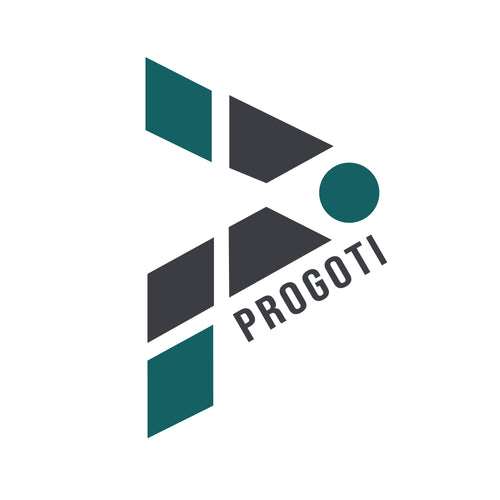The Bangladeshi garment industry is the second largest in the world and plays an integral role in a global supply chain that provides clothing to major retailers in, primarily, Europe and North America. These corporations, however, are not good at maintaining standards of accountability across such intricate global networks of production and distribution. From the production of raw textiles, to the manufacturing of clothing, to its shipment across the world, and its sale in brick & mortar stores, corporations find themselves managing a disconnected group of people towards the self-serving goal of making profits. The result is alienation in many dimensions: the garment workers from a decent livelihood and from the product of their work, the corporations’ employees from the implications of their decisions towards manufacturers, and the customers from the actual people making their clothes.
To work in such a context, as Nurjahan Begum has, is to experience a widespread indifference at all levels of the corporation. Responsibilities are often deferred elsewhere, to some other node of the value chain, or cushioned in an often empty rhetoric of a social responsibility ideology that masks the real costs accumulating at the ends of the system. In the case of the fashion industry, it is garment workers in countries like Bangladesh that bear the costs most powerfully as they are the most vulnerable stakeholders.
At Progoti, we do not work with negligible factories. Our founder personally vets each supplier, carefully observing over time infrastructure safety from the inside to ensure that working conditions are fair and decent. Nurjahan builds relationships with actual workers on the ground, listens to their personal stories, and dedicates around two months annually working alongside the people we intend to help. This is not, in corporate speak, “business as usual.” It is a just and progressive way of doing business.

